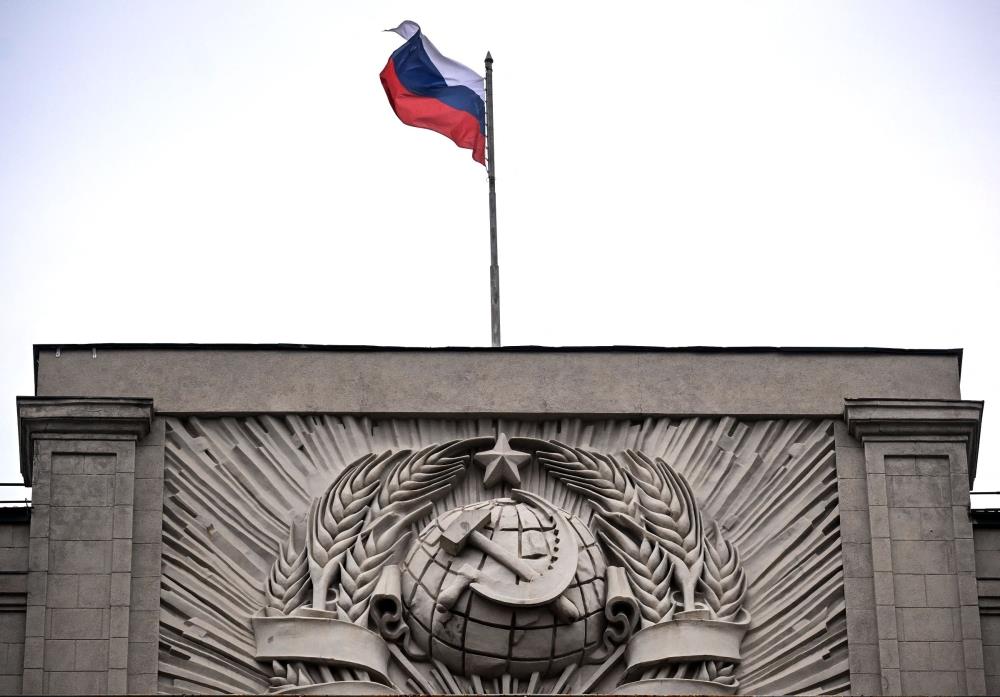
Russian Lawmakers Pass Law Banning 'Propaganda' Of Childless Lifestyles
Moscow: Russian MPs on Tuesday passed in the final third reading the controversial legislation banning "propaganda" of choosing not to have children, the latest measure targeting what Moscow depicts as Western liberal ideas.
Facing an ageing population and low birth rates, Moscow is seeking to reverse a demographic slump -- accentuated by its military offensive on Ukraine -- that threatens its economic future.
MPs in the Duma lower house of parliament voted unanimously in favour of the draft bill, which would apply to materials online, in media, advertising and in films that promote "rejection of childbearing".
Read Also-
EU unity in a 'world on fire': Kallas makes top diplomat pitch
Crisis-hit Germany headed for February 23 snap election
Britain's Queen Camilla returns to public duties after chest infection
The bill targets "destructive content" that promotes a "conscious" rejection of having children.
The bill's authors have said it will not be used as punishment for "a personal choice or lifestyle" but only for promoting such a lifestyle, although it is unclear how this would be differentiated in practice.
Violations would be punishable by fines up to 400,000 rubles ($4,000) on individuals and up to five million rubles for businesses. The bill also includes a provision to deport foreigners found guilty of disseminating the banned information.
"This is a fateful law... Without children, there will be no country. This ideology will lead to people stopping giving birth to children," the Duma's speaker Vyacheslav Volodin said ahead of the vote.
He also said the legislation was about "protecting citizens, primarily the generation growing up, from information spread in the media space that negatively affects the development of personality".
This is "so new generations of our citizens grow up orientated towards traditional family values", he said.
Nina Ostanina, a Communist Party MP who heads the Duma committee on family policy, said the bill aims to "guard our youth from unnecessary ideologies".
The legislation will now be considered by the upper house of parliament on November 20, before coming before President Vladimir Putin, who is expected to sign it into law.

Legal Disclaimer:
MENAFN provides the
information “as is” without warranty of any kind. We do not accept
any responsibility or liability for the accuracy, content, images,
videos, licenses, completeness, legality, or reliability of the information
contained in this article. If you have any complaints or copyright
issues related to this article, kindly contact the provider above.


















Comments
No comment